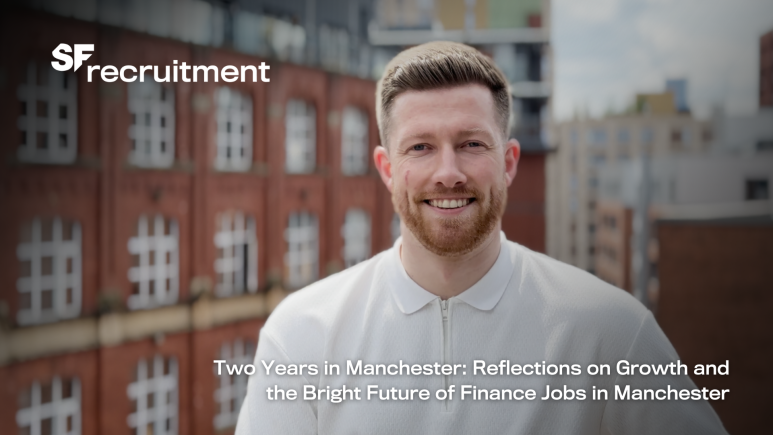
Common Interview Mistakes That Could Cost You The Job

It’s not just about what you do in your interview, though; it’s equally important that you know what not to do. Below are some of the more common errors that interviewees tend to make:
Failing to do your homework /
We live in the age of information, with internet-enabled devices everywhere, so there’s no excuse for not knowing about your potential future employer. It’s always helpful to find out at the very least, what the company does and where it currently stands in its industry, what kind of market share does it have and who’s the target audience?
It’s also wise to give some thought to the future, and how you’ll be able to contribute to success in the long-term especially if you have relevant skills that you think will be particularly useful further down the line.
If the company has consumer products available, make sure you understand how they work. Register your interest online and become a follower on all of the appropriate social channels well in advance.
Not asking questions /
You should expect to have to answer plenty of questions during an interview, but treat this as a two-way thing as this is also an opportunity for you to find out more about the vacancy and the employer you could soon be working for.
Asking questions about the job, the company and the people you’d be working with is a great way to show enthusiasm. It also gives you a little break from having to respond yourself, and should help to keep everyone relaxed.
Giving rehearsed responses /
It’s great to do your research on the most asked interview questions however if you start to practice your responses too much then you’ll start sounding like a pre-programmed robot. Rehearsing for an interview in this way is like studying for an exam by trying to memorise every question. There’s every chance the person you meet will skip these cliché questions anyway, having grown tired of hearing the same answers.
By all means think about the type of thing you may talk about, but be as natural as possible throughout.
Presenting yourself poorly /
Dressing the part should go without saying, but it’s surprising how many people turn up to interviews looking like they’ve not given their appearance a second thought.
The number one faux pas is to dress too casually. Unless you’ve specifically been told otherwise, jeans and trainers are not suitable interview attire. Neither are hoodies, sweatshirts or sportswear. Wear any of these and expect to be written off immediately.
Appearance aside, don’t forget your manners. Smile, speak clearly and offer a firm and confident handshake to kick things off.
Moaning about your current employer /
If your interviewer is to take you seriously, they’ll need to believe you want the job for the right reason. That is for the exciting opportunity on offer, not just because you’re desperate to get away from your current employer.
Moaning about your role will give off the kind of negativity that no employer wants to see. Instead, focus on the future and how your current position has given you the knowledge and experience necessary to take the next big step in your career.
Not being yourself /
Being untruthful and pretending to be more skilled or experienced than you are is a bad approach to take. Even if the interviewer doesn’t see straight through your lies at this stage, you’ll get found out eventually, and the whole thing could come crashing down.
The same is true for your personality. Confidence is important but the more you fake it, the less they’ll see of your actual character. Your personality is largely what secures you the job at interview stage; after all, they’ve seen your qualifications and career history in the CV, so you’ve already ticked those boxes.
Applying for a new job can be a stressful and anxious process, but as soon as you get over the initial nerves and relax a little, you’re on the home straight. Most employers will receive multiple CVs for each position they advertise, so you’ve done well to get to this point. Now have some faith in your ability!
Related News





